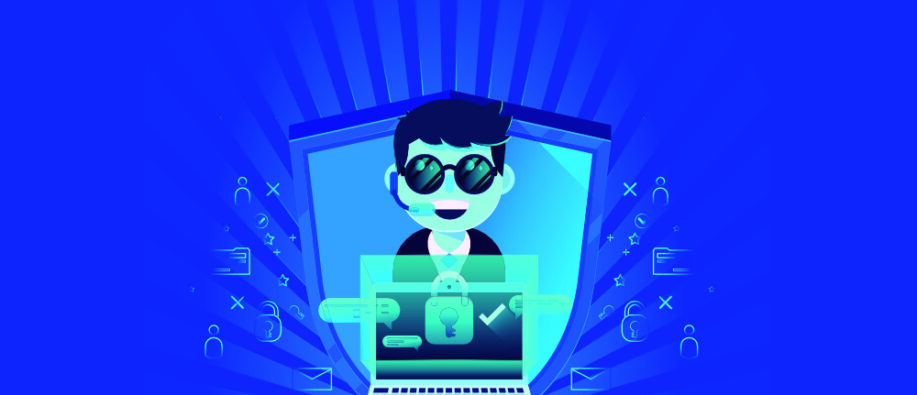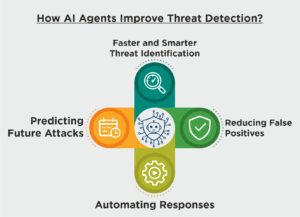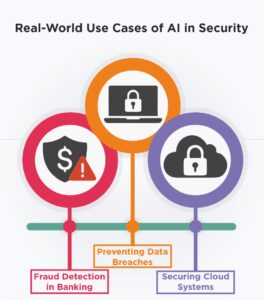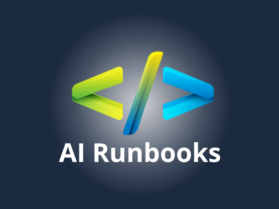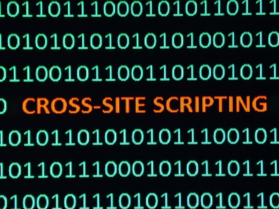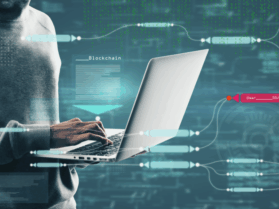Have you ever thought about how we stay one step ahead of cyber threats? There are traditional security measures that still struggle to keep up, leaving gaps in our defenses. However, the emergence of AI agents for detection optimization has transformed the security landscape, offering advanced solutions to protect against possible risks.
Let’s understand how AI agents work, why they are needed for extra security, and how they detect threats in smarter and faster ways.
What are AI Agents for Detection Optimization?
AI agents are smart programs designed to monitor, analyze, and detect security threats automatically. Unlike basic security tools, they don’t just follow fixed rules, but they learn from data and improve over time.
Detection optimization means making threat detection as accurate and efficient as possible. AI agents help by reducing false alarms (so security teams focus on real threats), spotting hidden patterns that humans might miss, and adapting to new attack methods.
Consider them as super-smart guards who never sleep and constantly watch for suspicious things.
Why Traditional Security Methods Aren’t Enough?
Old-school security relies on predefined rules. For example, if a system is programmed to block login attempts after five failures, it will do just that. But hackers today use tricks like:
- Slow Attacks: Spreading malicious attempts over time to avoid detection.
- Polymorphic Malware: Viruses that change their code to evade security checks.
- Zero-day Exploits: Attacks that target unknown weaknesses.
Traditional tools struggle with these because they can’t learn or adapt. AI agents for detection optimization, however, use machine learning to recognize unusual behavior, even if it’s never been seen before.
How AI Agents Improve Threat Detection?
1. Faster and Smarter Threat Identification
AI agents scan huge amounts of data in seconds, something humans can’t do manually. They compare network traffic, user behavior, and system logs to detect anomalies.
For example, if an employee’s account suddenly starts accessing sensitive files at 3 am, AI flags it immediately.
2. Reducing False Positives
One big problem in security is false alarms, which are legitimate actions mistaken for threats. Too many false alerts waste time and make teams ignore real risks.
AI agents learn what’s normal in a system and only raise alarms for truly suspicious activities.
3. Predicting Future Attacks
AI can assume where the next attack might come from by using past data. This helps companies to improve their weak spots before hackers exploit them.
For example, if AI notices repeated failed login attempts from a specific region, it may predict a brute-force attack and block those IPs proactively.
4. Automating Responses
AI finds threats and takes required action. If a malware attack is found, it will isolate infected devices, block malicious IPs, or alert security teams instantly. This speeds up response times, reducing damage.
Real-World Use Cases of AI in Security
Fraud Detection in Banking
Banks use AI agents for detection optimization to spot unusual transactions. If someone’s credit card is suddenly used in another country, AI blocks the transaction and alerts the user.
Preventing Data Breaches
Companies store vast amounts of sensitive data. AI monitors who access it and flags unauthorized attempts, preventing leaks before they happen.
Securing Cloud Systems
As many businesses are moving to the cloud, AI helps them detect unauthorized access, suspicious data transfers, and insider threats.
Challenges & Limitations
AI is powerful but not perfect, as it,
- Requires Quality Data: AI learns from past incidents. If the data is poor, detection may fail.
- Can Be Tricked: Hackers sometimes use “adversarial attacks” to fool AI systems.
- Human Oversight Needed: AI makes mistakes, so security experts must review critical alerts.
Despite all these challenges, AI will be a game-changer for security.
The Future of AI in Security
With the growth of cyber threats, AI will become even more important. Future advancements will be having,
- Better real-time Detection: Stopping attacks as they happen.
- Self-learning AI: Systems that improve without constant updates.
- Integration with IoT Security: Protecting smart devices at home and at work.
Businesses that adopt an AI agent for detection optimization today will stay ahead of cybercriminals tomorrow.
Wrapping Up
Security is not about firewalls and passwords. As hackers get smarter, defense should also be smarter. AI agents for detection optimization provide an extra layer of intelligence that spots threats faster, reduces errors, and adapts to new risks.
AI is not a magic fix; it is a powerful tool that, when combined with human expertise, makes security stronger than ever.
If you want to learn more about security, visit SecureITWorld!
FAQ
Q1: What are the five types of AI agents?
Answer: AI agents come in five main types that are:
- Simple Reflex Agents: react to basic inputs.
- Model-based Agents: Use past data to decide.
- Goal-based Agents: Work towards specific tasks.
- Utility-based Agents: Pick the best option.
- Learning Agents: Improve over time.
Q2: What is the use of AI in optimization?
Answer: AI helps optimize tasks by finding faster, cheaper, or smarter ways to solve problems like streaming supply chains, reducing energy use, or improving fraud detection.
Q3: What are AI agents used for?
Answer: AI agents automate tasks (chatbots), analyze data (fraud detection), and make predictions (weather forecasts). They act as smart assistants for humans.
Also Read: Enhance Your Digital Asset Security: A Comprehensive Guide

